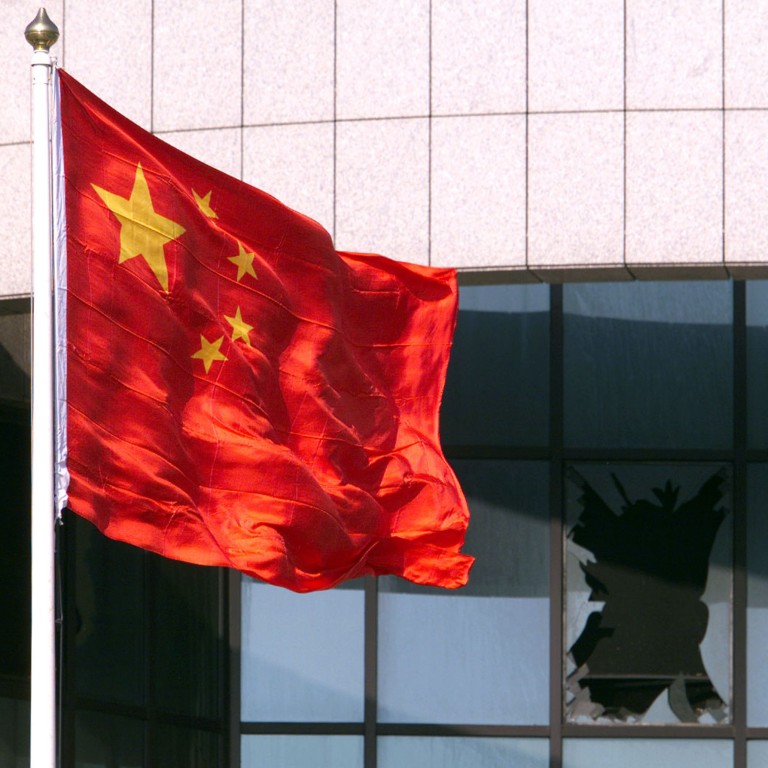
China harks back to Belgrade embassy bombing after Nato cites its ‘obligation’ on Ukraine
- EU mission says Chinese people can relate to the suffering because ‘we will never forget who bombed our embassy’, referring to Nato actions in former Yugoslavia
- Nato chief had said China has an obligation as a UN Security Council member to support and uphold international law
The Chinese diplomatic mission in the European Union said on Thursday that Chinese people could fully relate to the suffering of other countries because “we will never forget who bombed our embassy in the Federal Republic of Yugoslavia”.
Its statement referred to the intervention in Yugoslavia by Nato in 1999, when five US bombs hit the Chinese embassy in Belgrade. Three Chinese journalists were killed.
Bill Clinton, the US president at that time, apologised for the bombing and said it was an accident, while the Chinese government said it was a “barbarian act”.
The United States later agreed to compensate the victims of the bombing, and their families, and to pay China for the damage to the embassy. Beijing agreed to compensate Washington for damage to US property incurred during the massive anti-US protests in China following the bombing.
The Chinese diplomatic mission was responding to comments by Nato secretary general Jens Stoltenberg, who said that Nato was “closely monitoring” signs of support from China to Russia.
“China should join the rest of the world in condemning strongly the brutal invasion of Ukraine by Russia,” he said on Wednesday.
“China has an obligation as a member of the UN Security Council to actually support and uphold international law, and the Russian invasion of Ukraine is a blatant violation of the international law, so we call on [China] to clearly condemn the invasion and to not support Russia.”
Stoltenberg also said Nato was concerned that Moscow could stage a false flag operation – an action designed to be blamed on an opponent – possibly involving chemical weapons.
“We call on Russia to withdraw all its forces and to stop the fighting, but in particular not to use any chemical weapons,” he said.
“And we are also very vigilant about the possibility of them trying to stage some kind of pretext, false flag operation to provide an excuse for any type of use of chemical weapons.”
Reports in the US have suggested that Beijing had knowledge of Russia’s plans regarding Ukraine before the start of its military operation. Beijing has dismissed those reports as false and aimed at shifting blame to China.
Washington has also warned that China would suffer consequences if it helped Russia to evade sanctions imposed for the invasion of Ukraine. Beijing has said sanctions are not the way to resolve the crisis.

